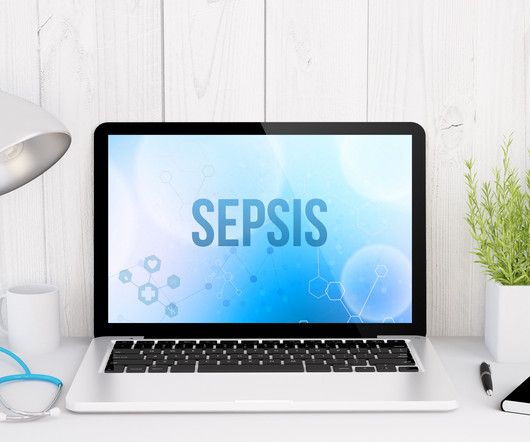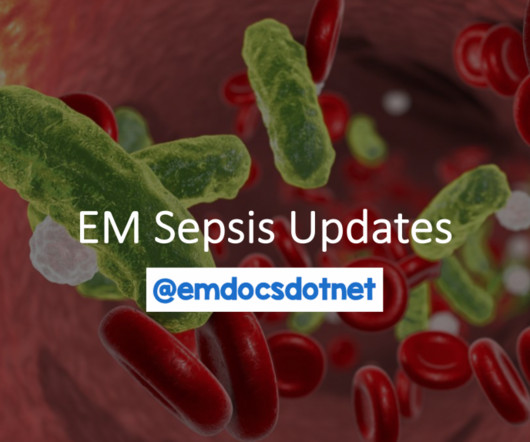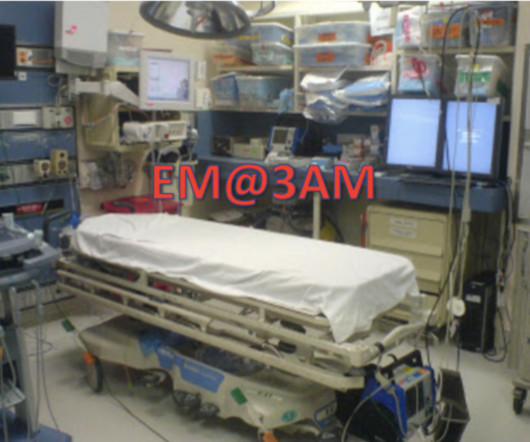"Sepsis bundles": No good evidence of benefit
PulmCCM
APRIL 14, 2025
The Infectious Diseases Society of America (IDSA) has consistently opposed SEP-1 since at least 2016. But not completely prohibited: CMS has the authority to grant exceptions to SEP-1 reporting for the purposes of research. “SEP-1 protocol to manage severe sepsis and septic shock”, Chest/ACCP website, 2022.























Let's personalize your content